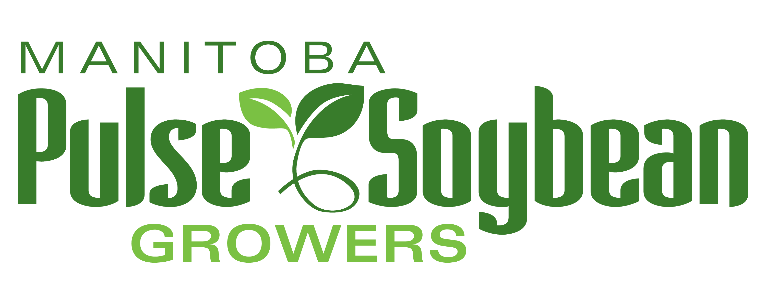Diabetes or pre-diabetes affects approximately 9 million Canadians and 25.8 million people affected by diabetes and 79 million affected by pre-diabetes in the USA. Dietary intervention is often the preferred first choice for people with impaired glucose tolerance or diabetes which is of high prevalence globally. Beans provide a dietary option for improving PBGR and overall glycemic control; however, there are no health claims related to short term blood sugar control in Canada or the United States. Although there is strong evidence for beans to support a claim for their impact on PBGR, Health Canada has identified the need to verify the minimum effective dose (MED) for each bean type since the majority of existing studies had tested the effect of about 1 cup of various pulses. This amount is much greater than a usual serving of beans commonly consumed by Canadians and lower dose amounts of pulses would still show a significant effect of blood sugar levels. The advantage of having data to support the effectiveness of lower dose amounts for a reduced PBGR is that it would be more feasible for consumers to eat smaller quantities and still achieve the PBGR reduction effect of pulses.
The proposed study is designed in accordance with regulatory guidance documents developed by Health Canada and the European Food Safety Authority for the assessment of reduced PBGR. Establishing an evidence-based health claim for the relationship between beans and favorable post-prandial blood glucose/sugar levels will benefit Manitoba farmers and food processors by increasing awareness of the health benefits of beans to consumers and increased demand for beans and bean-containing products that would arise from a health claim.
